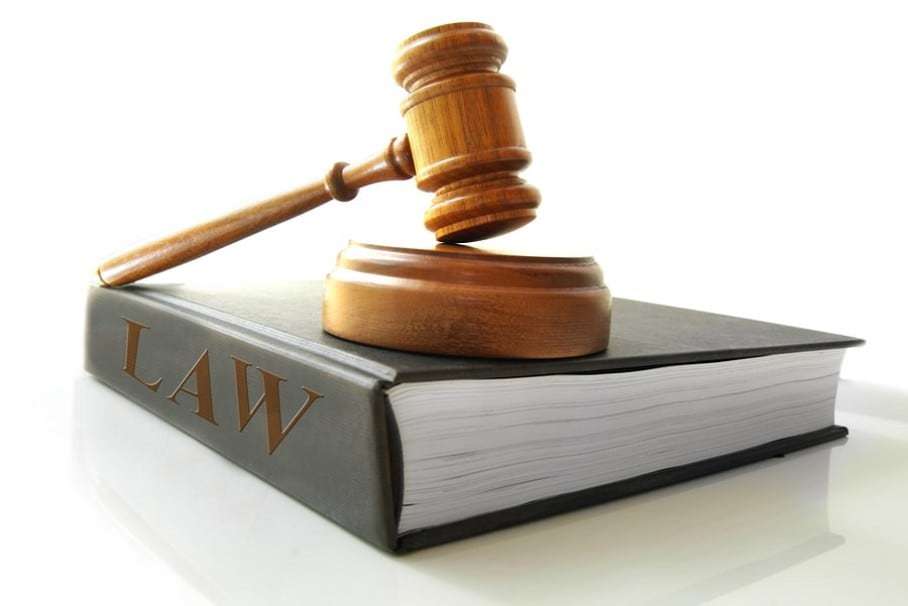The Volokh Conspiracy
Mostly law professors | Sometimes contrarian | Often libertarian | Always independent
Intellectual diversity and the Association of American Law Schools

John McGinnis has an excellent post over at Library of Law and Liberty (and cross-posted at our new Heterodox Academy), highlighting the rigid liberal orthodoxy of the Association of American Law Schools (AALS). AALS has just sent around the notice of its 2016 annual meeting, highlighting its "Speakers of Note." As Prof. McGinnis points out: "Of the thirteen announced, none is associated predominantly with Republican party, but eleven are associated with the Democratic Party. Many are prominent liberals. None is a conservative or libertarian." McGinnis argues that the conference would profit from including some other perspectives.
As it happens, one of the 13 "Speakers of Note," Martha Minow, the dean of Harvard Law School, has written eloquently about the importance of intellectual diversity in the legal academy:
"He who knows only his own side of the case, knows little of that." John Stuart Mill's insight carries importance for any place of learning and special significance for a law school. For one cannot truly understand a legal argument on behalf of one client or side without thoroughly understanding and addressing competing arguments and objections. Even if there were no other reasons available, this would supply sufficient basis for a robust commitment to intellectual diversity among the faculty and students, courses and journals, activities and speakers at Harvard Law School.
But there are other powerful reasons to pursue and nurture intellectual diversity at Harvard Law School. We recruit extraordinary students and work hard to equip them to pursue great careers and great dreams. Both in honing their aspirations and equipping them to achieve them, nothing works as well as serious intellectual encounters with smart and motivated individuals with varied viewpoints. Faculty and students also advance knowledge and law reform through scholarship and public service. Here, too, debates within and across groups deepen scholarship and test law reform ideas. It would be wonderful if one did not have to leave Harvard Law School to discover objections and improvements to descriptions and revisions of financial institution behavior, consumer products safety, national security strategies, federalism, and constitutional adjudication, just to name a few current subjects of research and reform work, but it will suffice if being at Harvard Law School affords faculty and students with super preparation for any ideas and concerns that may be encountered elsewhere. This is the path of truth-seeking; this is the method of iterative improvement. Yet there is at least one more crucial reason for placing priority in intellectual diversity within this institution. The bet made by commitments to the rule of law and to democracy is that we can use reason and participatory institutions to govern diverse and often contentious individuals and groups. That bet cannot prevail without cultivation of leaders who set the example for civil and curious engagement across all kinds of divides - be they defined by race, region, class, language, political party, gender, ideology, or other signifiers of difference. Modeling and cultivating honest and engaged discussion across lines of difference is not only our best practice. It is our commitment to make good on the privileges that the Harvard Law School enjoys, reflects, and bestows.
John Stuart Mill also wrote, "In all intellectual debates, both sides tend to be correct in what they affirm, and wrong in what they deny." I am not sure he is right, but I think we will make more progress testing this and many other propositions in the company of talented people who draw sustenance from varied and clashing intellectual resources. We may even find surprising points of agreement and convergence, but we would not even know of this wonderful possibility in the absence of intellectual diversity.
Dean Minow will surely find "agreement and convergence" in liberal abundance at the AALS conference. But, alas, she will not find "varied and clashing intellectual resources," if not a single one of the "Speakers of Note" is, in any sense, to the right of center. Dean Minow would do the AALS a great service if she took the opportunity to make this very point.


Show Comments (0)